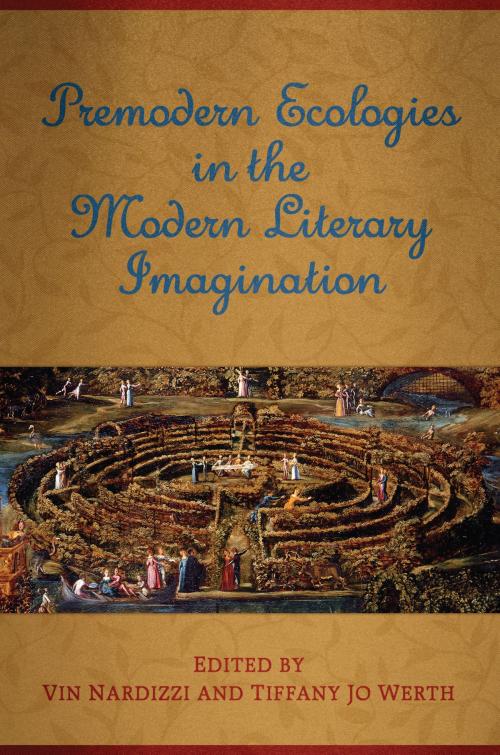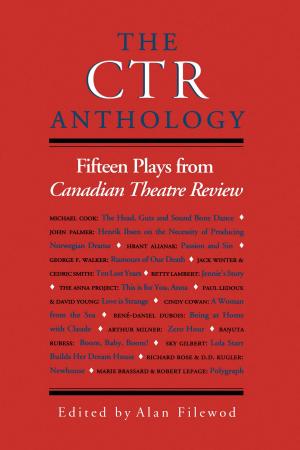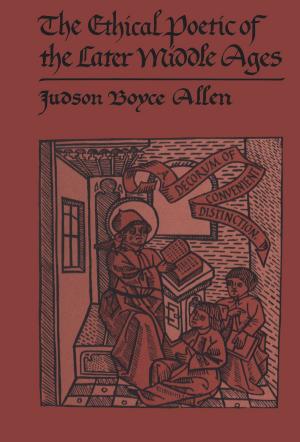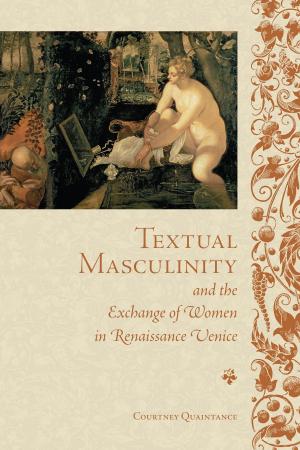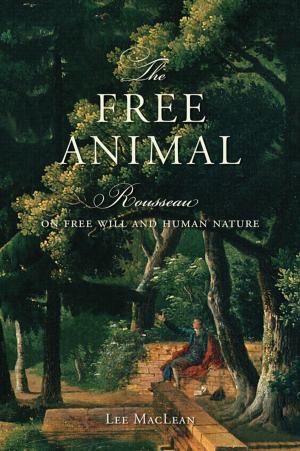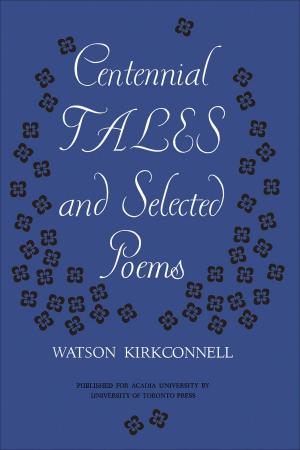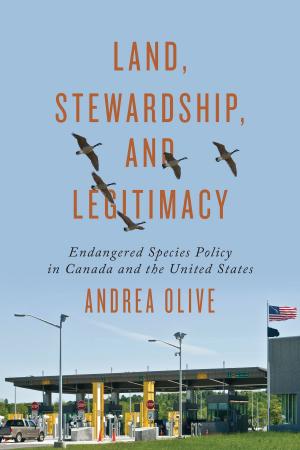Premodern Ecologies in the Modern Literary Imagination
Fiction & Literature, Literary Theory & Criticism| Author: | ISBN: | 9781487519537 | |
| Publisher: | University of Toronto Press, Scholarly Publishing Division | Publication: | April 8, 2019 |
| Imprint: | Language: | English |
| Author: | |
| ISBN: | 9781487519537 |
| Publisher: | University of Toronto Press, Scholarly Publishing Division |
| Publication: | April 8, 2019 |
| Imprint: | |
| Language: | English |
Premodern Ecologies in the Modern Literary Imagination explores how the cognitive and physical landscapes in which scholars conduct research, write, and teach have shaped their understandings of medieval and Renaissance English literary "oecologies."
The collection strives to practice what Ursula K. Heise calls "eco-cosmopolitanism," a method that imagines forms of local environmentalism as a defense against the interventions of open-market global networks. It also expands the idea’s possibilities and identifies its limitations through critical studies of premodern texts, artefacts, and environmental history. The essays connect real environments and their imaginative (re)creations and affirm the urgency of reorienting humanity’s responsiveness to, and responsibility for, the historical links between human and non-human existence.
The discussion of ways in which meditation on scholarly place and time can deepen ecocritical work offers an innovative and engaging approach that will appeal to both ecocritics generally and to medieval and early modern scholars.
Premodern Ecologies in the Modern Literary Imagination explores how the cognitive and physical landscapes in which scholars conduct research, write, and teach have shaped their understandings of medieval and Renaissance English literary "oecologies."
The collection strives to practice what Ursula K. Heise calls "eco-cosmopolitanism," a method that imagines forms of local environmentalism as a defense against the interventions of open-market global networks. It also expands the idea’s possibilities and identifies its limitations through critical studies of premodern texts, artefacts, and environmental history. The essays connect real environments and their imaginative (re)creations and affirm the urgency of reorienting humanity’s responsiveness to, and responsibility for, the historical links between human and non-human existence.
The discussion of ways in which meditation on scholarly place and time can deepen ecocritical work offers an innovative and engaging approach that will appeal to both ecocritics generally and to medieval and early modern scholars.
